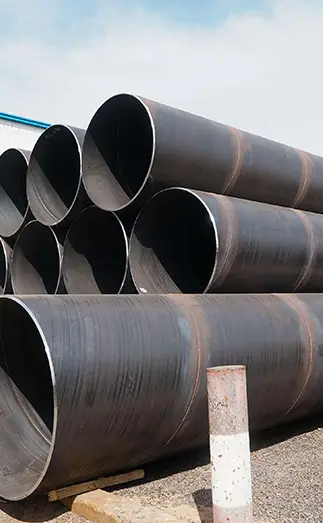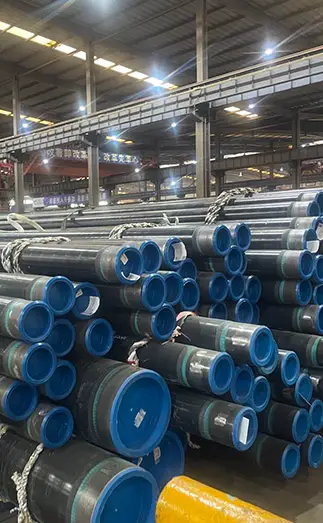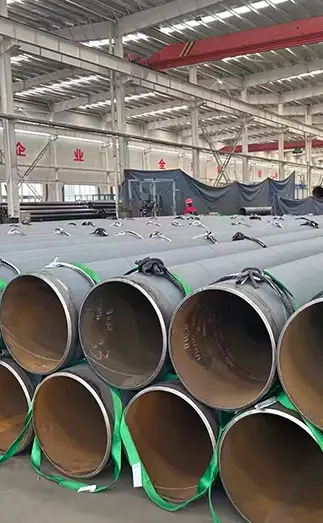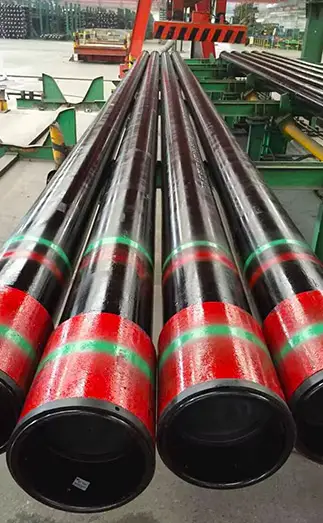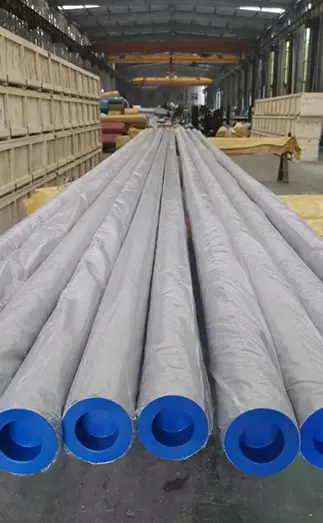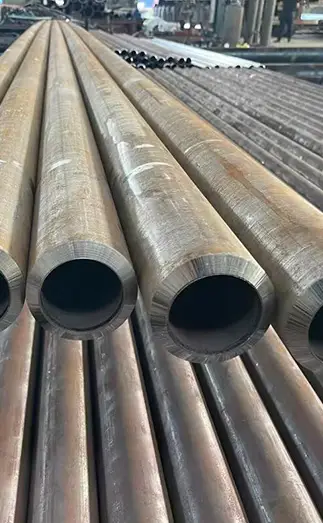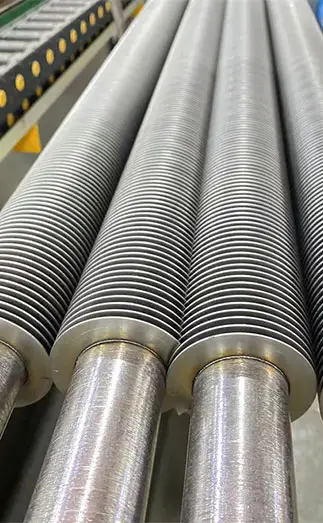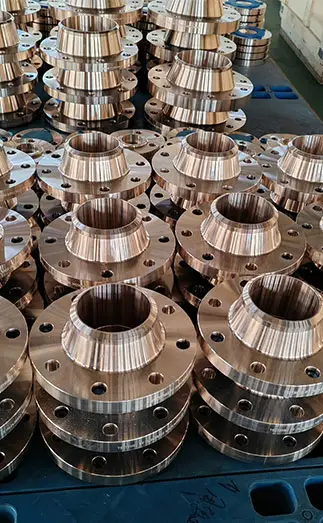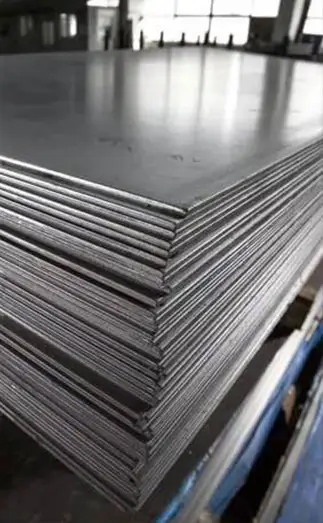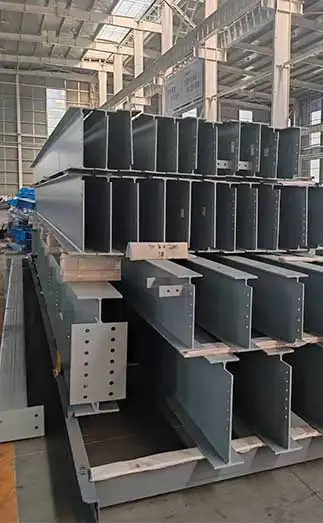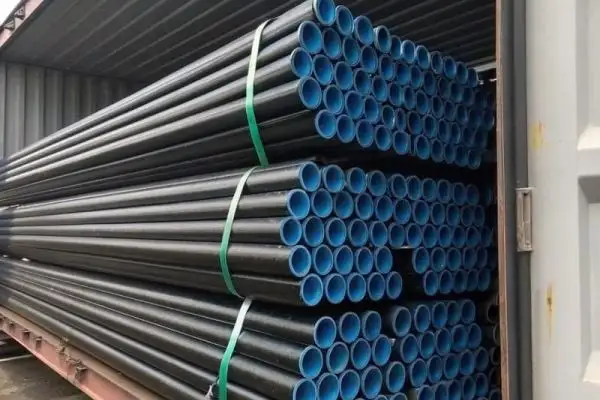When selecting tubing materials for industrial, marine, or residential applications, understanding the differences between nickel copper tubes and copper tubes is essential. While both materials offer excellent performance, they differ significantly in composition, properties, and suitable applications. Here’s a detailed comparison to help you make an informed choice.
Super Steel Manufacturing Co.,Ltd is professional nickel copper tube manufacturer, for more details, please contact:sales@super-steels.com
1. Material Composition
Copper Tube: Made mostly of pure copper (typically >99%).
Nickel Copper Tube: An alloy, mainly composed of copper (about 63–70%) and nickel (25–30%), with small amounts of iron and manganese for added strength.
2. Corrosion Resistance
Copper Tube: Good corrosion resistance, especially in potable water systems and mild environments.
Nickel Copper Tube: Excellent corrosion resistance, particularly in marine environments, seawater, and chemical processing conditions.
3. Strength and Durability
Copper Tube: Strong enough for plumbing, HVAC, and similar uses but can be softer and more prone to mechanical wear over time.
Nickel Copper Tube: Higher strength and toughness, especially under high-pressure and high-stress conditions.
4. Temperature Resistance
Copper Tube: Performs well in standard temperature ranges, but prolonged exposure to very high temperatures can weaken it.
Nickel Copper Tube: Maintains strength and corrosion resistance even at higher temperatures.
5. Common Applications
Copper Tube:
Plumbing systems
HVAC (heating, ventilation, air conditioning)
Medical gas lines
Refrigeration
Nickel Copper Tube:
Shipbuilding (seawater piping)
Offshore oil and gas platforms
Heat exchangers
Chemical plants
6. Cost
Copper Tube: Generally cheaper and widely available.
Nickel Copper Tube: More expensive due to the addition of nickel and its specialized properties.



 English
English Español
Español Français
Français بالعربية
بالعربية